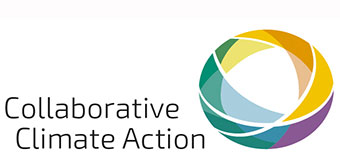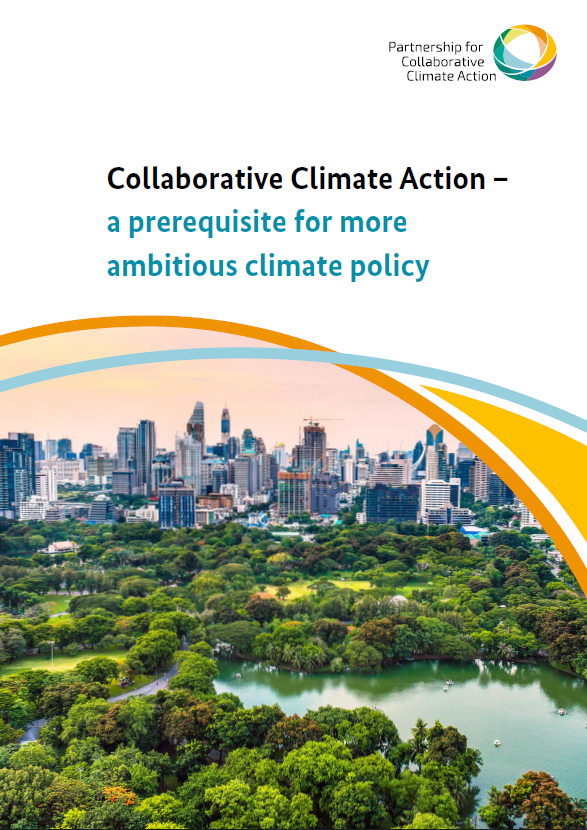Download the slides from the launch event:
Collaborative Climate Action – a Prerequisite for more Ambitious Climate Policy
Event Summary
The report “Collaborative Climate Action – a prerequisite for more ambitious climate policy” was officially launched on March 2nd, 2021 through a virtual event hosted by GIZ. The report was commissioned by the GIZ projects Climate Policy Meets Urban Development and Vertically Integrated Climate Policies.
Collaborative Climate Action is defined as the politically intended, well-organised cooperation across different levels of government to achieve climate goals – ideally jointly defined and implemented. The report highlights both theory and practice on multi-level climate governance. It provides policy makers and practitioners with inspiration and tools to achieve more effective and ambitious climate action.
Monika Zimmermann, lead author of the report, presented the key contributions of the report. The presentation elaborated on the relevance of subnational actors and why collaboration between government levels achieves better results in climate policy and the implementation thereof. Furthermore, it offered insights on how collaborative climate action can best be achieved and applied in international contexts.
The theoretical insights were complemented by Reo Audi, climate mitigation advisor for GIZ in Indonesia, who introduced two practical examples from Indonesia – the Low Carbon Development Initiative (LCDI) and AKSARA, an Online Monitoring and Reporting System. LCDI brings together actors from national and subnational levels to identify development policies which maintain economic growth whilst achieving the country’s climate objectives, putting Indonesia on a low-carbon development path making use of collaborative climate action. AKSARA aims to facilitate a more comprehensive and transparent monitoring, reporting and verification system, which includes subnational emissions reporting as well as a knowledge platform for subnational stakeholders.
The contributions were followed by an open discussion on the contents of the report and the presentations. Within the discussion, contributors highlighted that successful vertical integration relies on a concurrent horizontal integration. Moreover, the discussion underscored that multi-level communication must develop into (institutionalised) cooperation to accomplish collaborative climate action.




